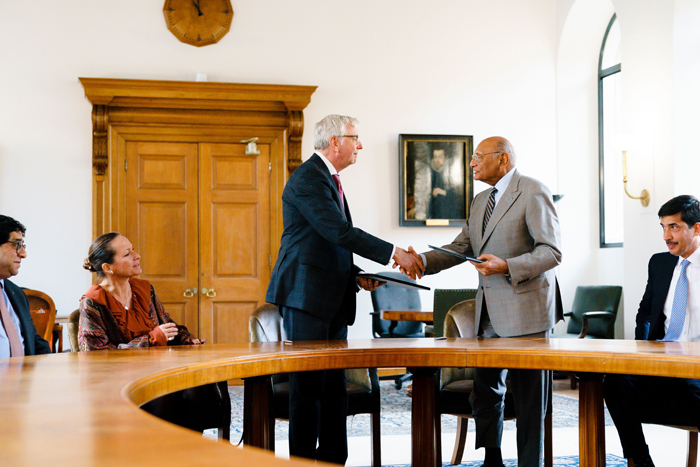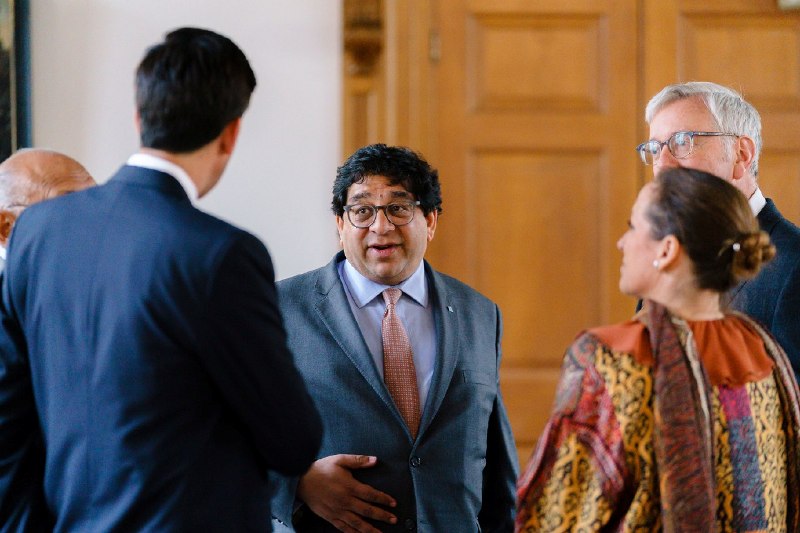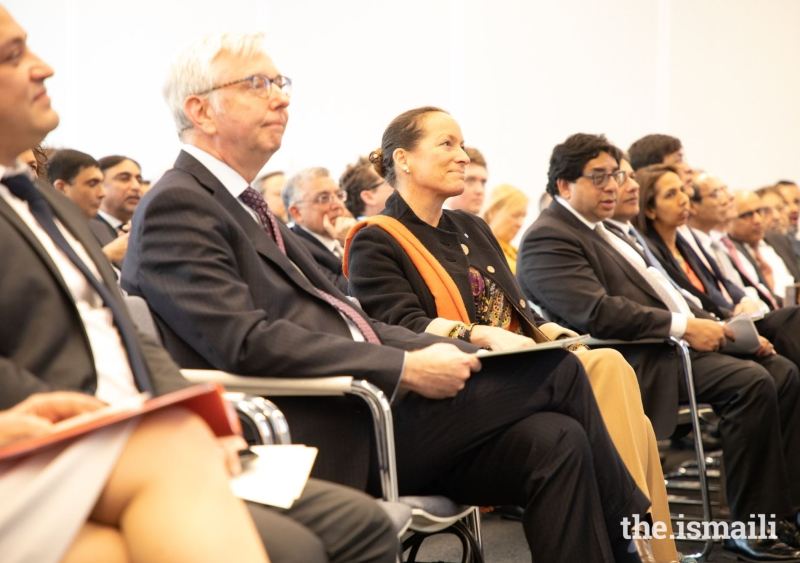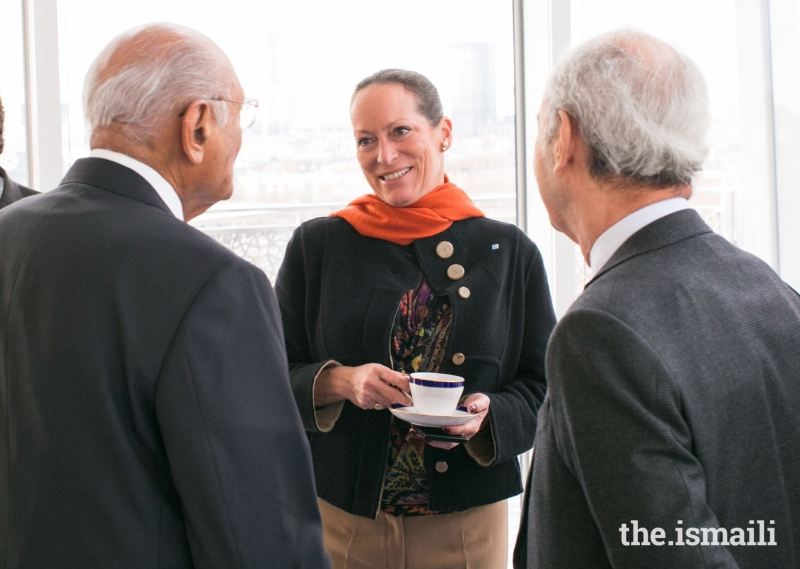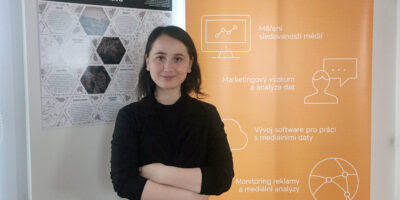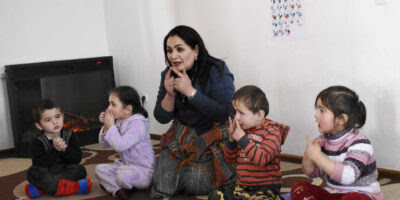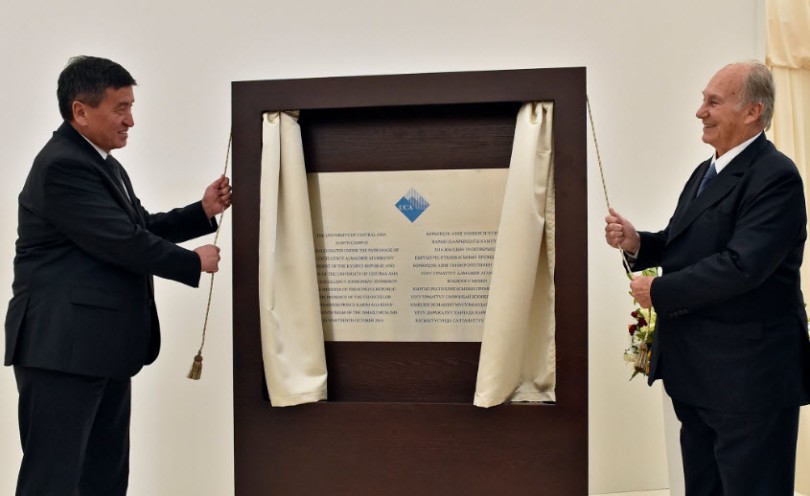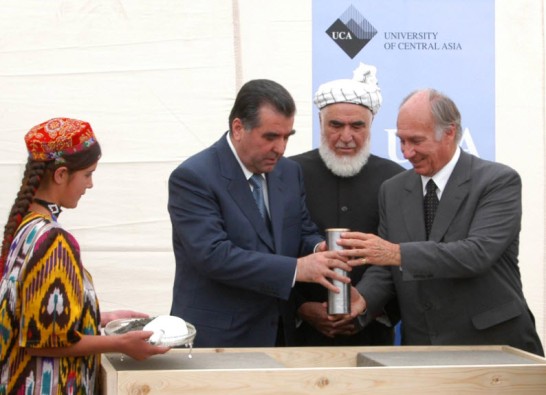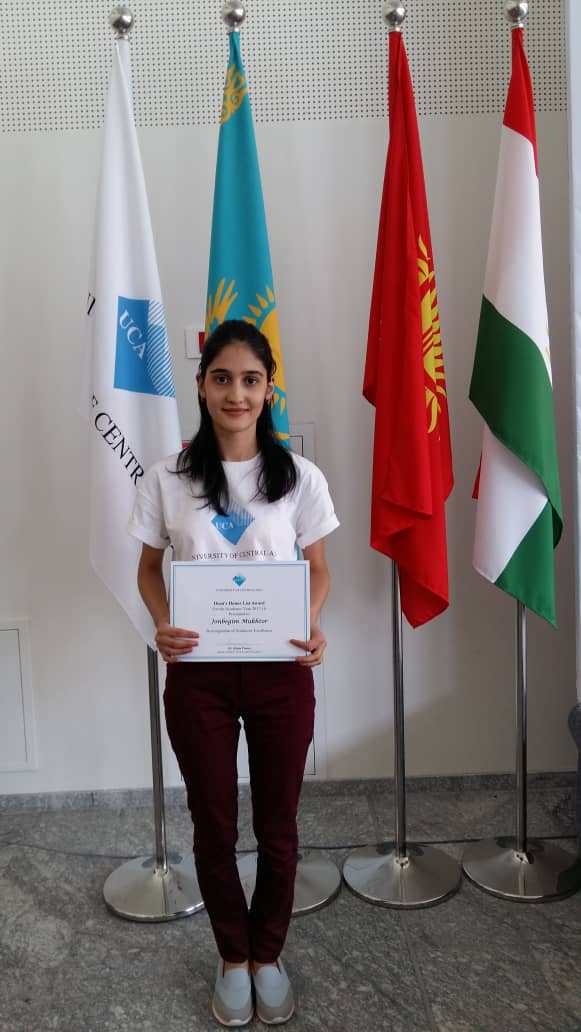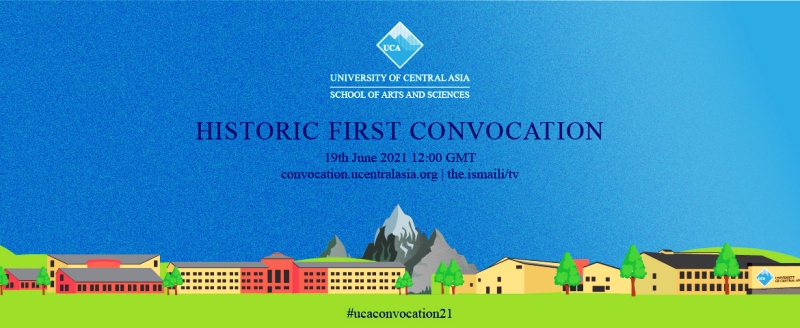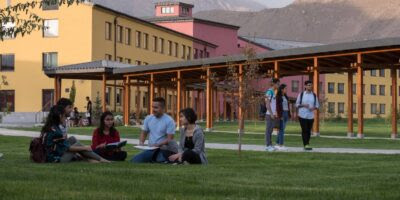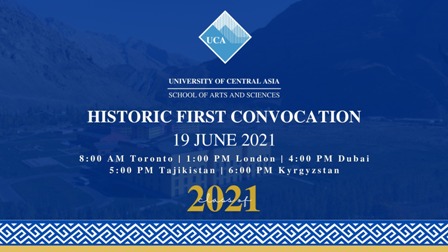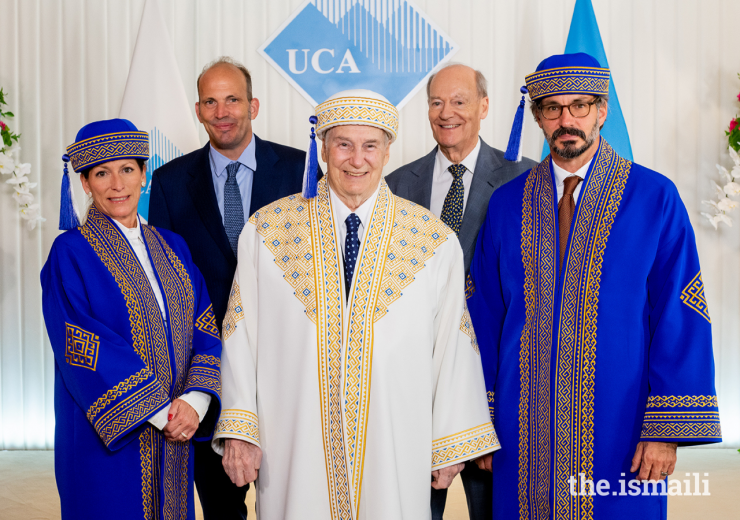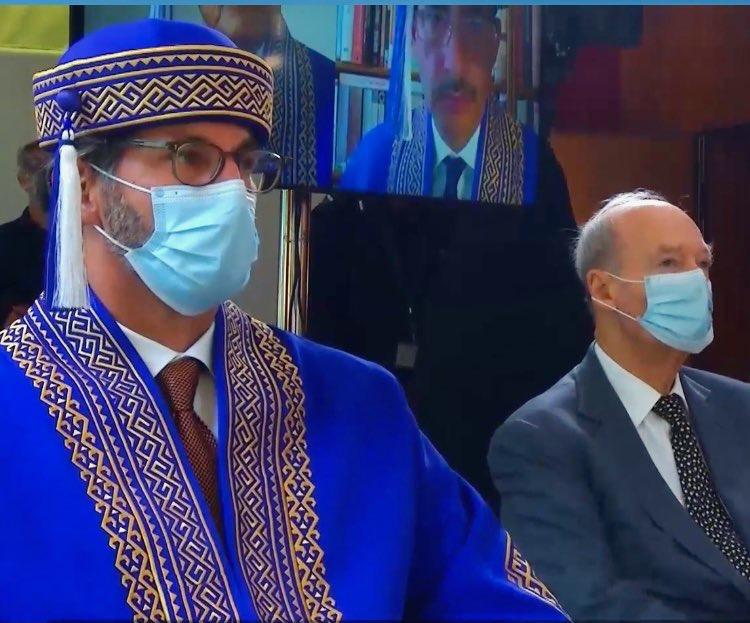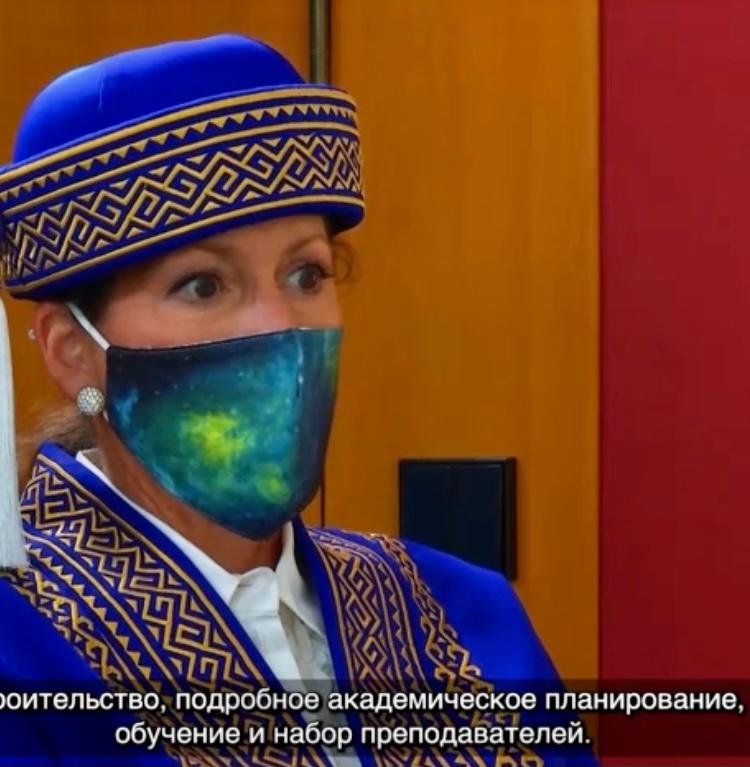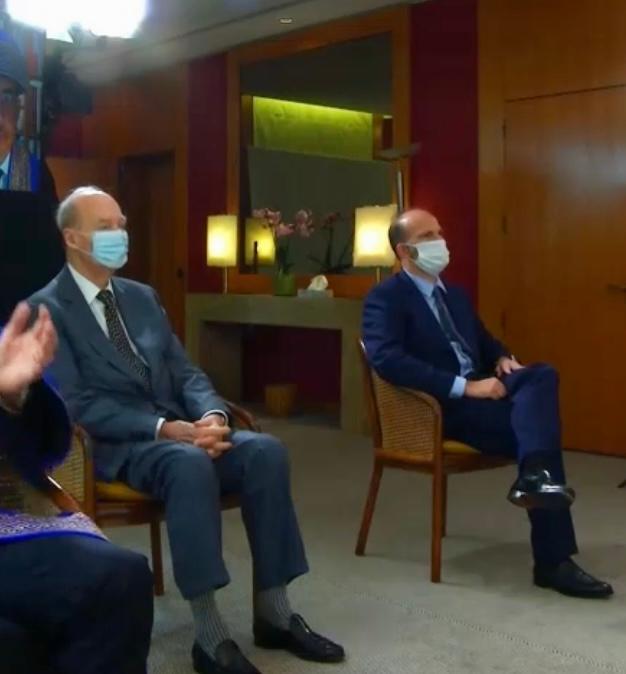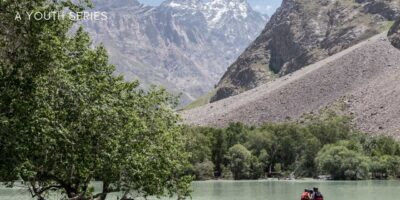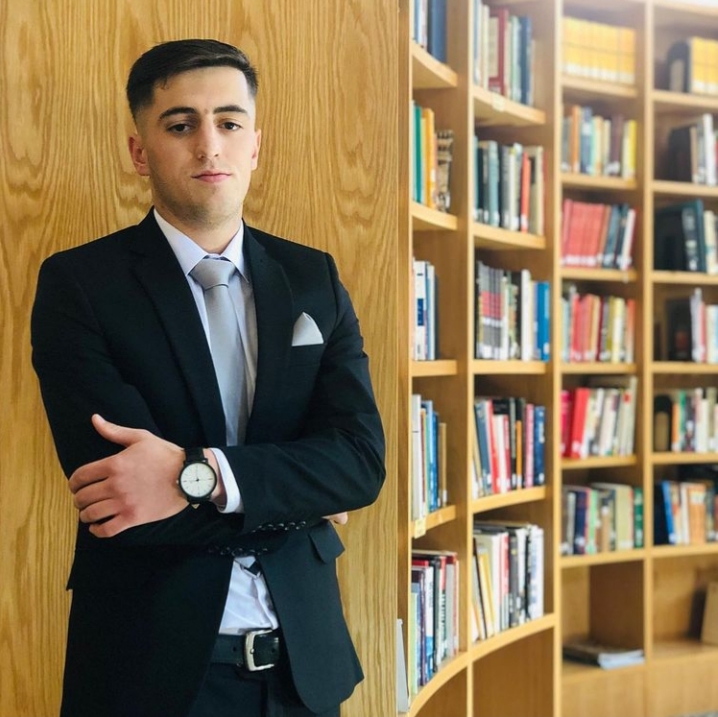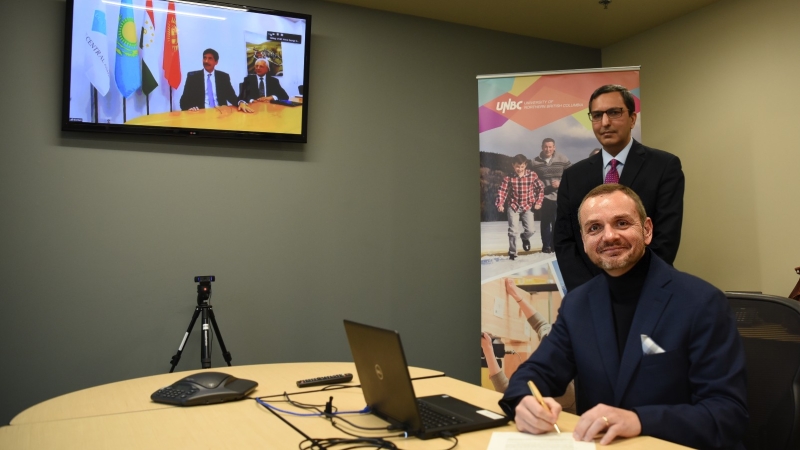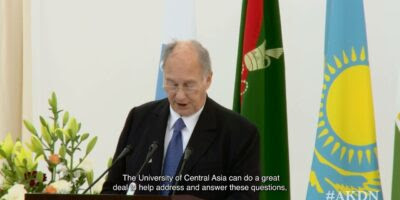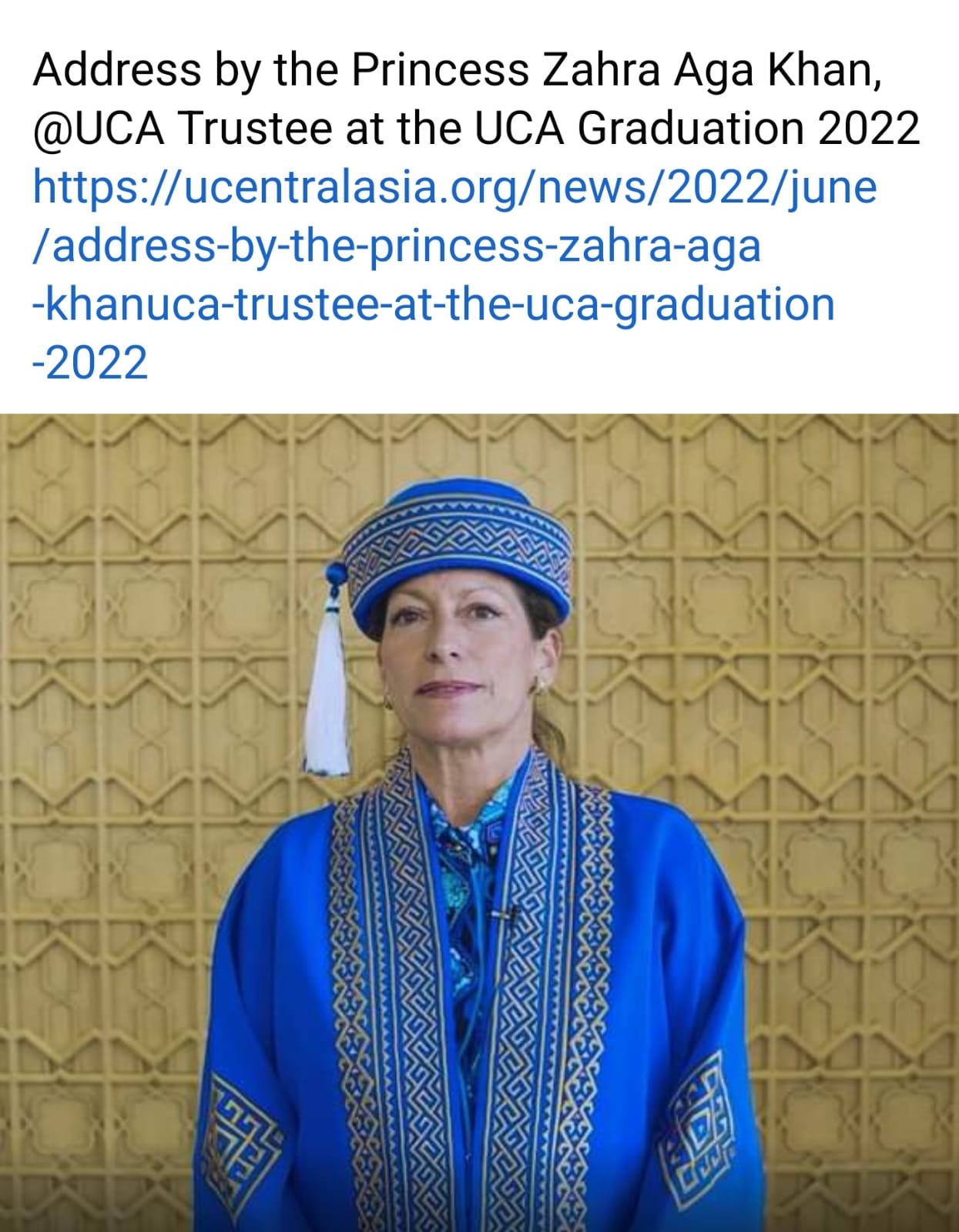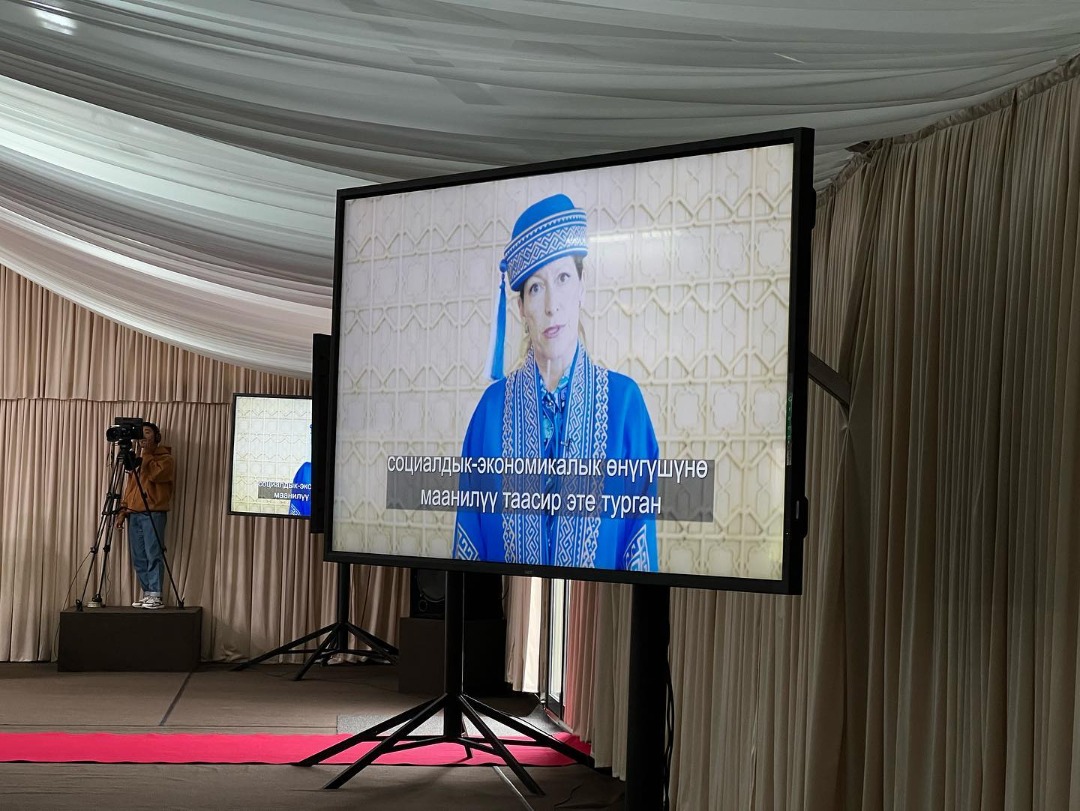2022, June 18: Princess Zahra Aga Khan address at UCA Graduation 2022.
Video at:
https://ucentralasia.org/news/2022/june ... ation-2022
Bismillah ir Rehman ir Rahim
Your Excellency the Governor of GBAO, Alisher Mirzanobot
Your Excellency the Governor of Naryn, Sabyrkul Ashimbaev
Chairman of the Board of Trustees, Dr. Shamsh Kassim-Lakha, and Members of the Board
Rector Sohail Naqvi
Dean Maxim Khomyakov and the Faculty of the School of Arts and Sciences
Generous donors and friends of UCA around the world
Parents and family members
Distinguished guests
And dear Graduates of the Class of 2022
On behalf of the Chancellor, His Highness the Aga Khan, it gives me great pleasure to welcome you all, in Khorog, Naryn, and around the world, to the graduation of the Class of 2022. Before I address the graduates, who are soon going to join the ranks of the distinguished alumni of UCA, may I take this opportunity to highlight some extraordinary achievements of UCA that are likely to have a significant impact on the socio-economic development of Central Asia.
As you know, last year we celebrated the historic First Convocation of UCA, and I cannot help admiring the giant strides this young University of Central Asia has taken in its short but immensely productive life.
First I would like to acknowledge, on behalf of the Chancellor, the support and encouragement UCA has received from the Governments of Tajikistan and Kyrgyzstan. The several collaborative agreements UCA has signed with the various ministries are making a valuable contribution towards helping to promote and achieve national development agendas through public-private partnerships. These range from urban resilience programmes in Khorog and Naryn, with generous support from the Swiss Government, and support of the AKDN agencies, to regional master plans to attract investments, promote digitization in the creation of “Smart Cities”, and explore the potential for tourism in the region.
UCA defines itself as a ‘development university’ focused on mountain societies. Its School of Arts and Sciences, which began classes just six years ago, is already considered among the premier Liberal Arts Schools in the Central Asian region, with a unique focus on the needs and challenges of mountain communities, in the hearts of which its campuses are located.
UCA’s School of Professional and Continuing Education (SPCE) last year celebrated 15 years since its founding; it has graduated over 200,000 course participants from its 17 learning centres, of which 6 are in Afghanistan. Its vocational education and entrepreneurship programmes have established an impressive record of enhancing occupational mobility and job creation through business start-ups. SPCE’s popular short-cycle courses are helping to upgrade technical skills and expand job opportunities, thereby providing a much need boost to enhancing the quality of life and harmony in rural communities. Encouraged by this success, the Chancellor and the Board of Trustees support the expansion of SPCE programmes.
Climate change is a global problem, but solutions and adaptation measures have to be locally defined and implemented. The reason that UCA teaches Earth and Environmental Sciences is that climate change will affect Central Asia as it will the rest of the planet. This sad reality will have several outcomes for the students of UCA. First of all, it will affect your daily lives and your families. It will force changes to the way you grow and distribute food; to your approach towards resources; and to the way you will build house in the future. It will also create a raft of new jobs and careers that will be essential in the decades to come. Not only will this area, like others, require technicians and engineers who are capable of adapting daily life to a new and different reality, but it will also force changes to architecture, transport, forestry management, water conservation, livestock management, trade, and effectively all areas of daily life. Most importantly, you, the students of today, will be the scientists of tomorrow. Those who can model and predict natural disasters as well as predict future changes in the climate, and the effect it will have on humans in the next hundred years or more. These scientists will be greatly in demand in various different careers, from biology, geology, and geography, to physics and chemistry, because all these fields will evolve with climate change, and career options will be varied and crucially important. Unfortunately, sooner than we think.
Among the Graduate School of Development’s many research accomplishments is the early success in finding drought resistant varieties of crops, and sharing various remediation efforts with local communities. In addition, the University is engaging civil society organizations, community associations, and working with women’s organizations in rural areas to find and implement sustainable solutions. Today, globally, there is a greater understanding of the potential for innovation in rural communities and how digital technologies can help farmers shift from input-intensive agriculture to knowledge-intensive agriculture. UCA is making a singular contribution in this endeavor by pushing the frontiers of knowledge and relevant research.
Let me now turn to the graduates of the Class of 2022, for whom I bring congratulations and good wishes from the Chancellor. Throughout your tenure at UCA he has been following your progress with great interest, and today is the culmination of your achievements of which we are all so proud. Despite the challenges and disruptions posed by Covid, you adapted to online learning and made up for lost time so that you could graduate on schedule. Kudos to all of you, and to the faculty and staff, from us Trustees.
The Faculty of the School of Arts and Sciences also played a significant role and were fully invested in ensuring that you graduated with the skills to enable you to pursue graduate education, or enter the job market with ease. The success of the first batch of graduates last year in achieving these objectives is evidence of the Faculty’s determination and dedication to your education. They deserve our heart-felt congratulations.
It is the Chancellor’s hope that the graduates of the School of Arts and Sciences will not only find employment opportunities in the region, but also that the graduates will themselves create employment opportunities and successful businesses to invigorate the economy of the entire region. Building an active and successful economic environment will improve the lives of all communities and add to social stability and wellbeing for all.
On behalf of the Chancellor, I would like to express our thanks and admiration to Sohail Naqvi, for the four years that he has spent at UCA as Rector, and for all his accomplishments in that time. Dr. Naqvi has contributed to UCA in many ways, in improving the experiences of students and faculty alike. We wish Dr. Naqvi every success in his future endeavors, and I would like to thank him again, on behalf of the Chancellor, for his many contributions to UCA.
The generosity of donors has made it possible to you to access an internationally benchmarked quality of education; to them we all owe a deep debt of gratitude. Their continued support will be pivotal to ensuring a strong financial foundation for UCA to sustain itself in the decades ahead.
As you continue your professional journey, our hopes and aspirations go with you. Ultimately, UCA’s success will be measured by the success of its graduates. No effort has been spared to provide you with the necessary knowledge and skills to enable you to thrive in a rapidly changing world, and it is our dearest hope that you will underpin your professional growth with the values of pluralism, responsible citizenship, and ethical leadership.
Graduands, as you enter the next phase of your lives, UCA eagerly looks forward to celebrating in your success. We hope that your alma mater will always have a special place in your heart, and that you will stay connected to UCA as a life-long learner and enthusiastic ambassador.
Congratulations to all of you again, on behalf of the Chancellor, and thank you.
VIDEOS AND SPEECHES
Graduation-2022
Roza Otunbaeva at UCA “Seek Solutions to Challenges Ahead”
Welcome Address by the UCA Rector, Prof Dr S Sohail H Naqvi at the UCA Graduation 2022
Address by the Chairman of the Board of Trustees, Dr Shamsh Kassim-Lakha, at the UCA Graduation 2022
Address by the Valedictorian, Sumaino Shakarbekova, at the UCA Graduation 2022
Address by the Minister of Education and Science of the Kyrgyz Republic
Message from the Governor of Naryn Oblast, Mr Sabyrkul Ashimbaev at UCA Graduation 2022
Address by the Deputy Governor of GBAO, Nilufar Aslamshoeva at the UCA Graduation 2022
https://ucentralasia.org/news/2022/june ... ation-2022


